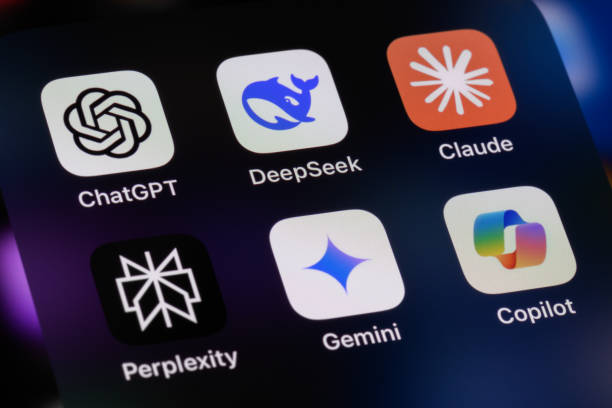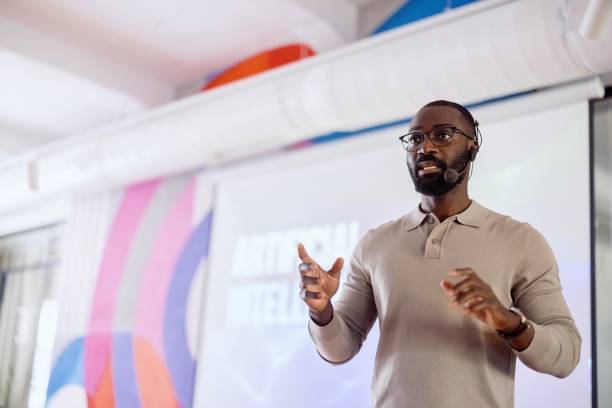Artificial Intelligence (AI) is no longer a futuristic concept, it’s a present-day reality that is rapidly reshaping creative industries across the globe, including in Africa. From music production and digital art to storytelling and content curation, AI tools are becoming more accessible, and their influence is undeniable. But beyond the hype and buzzwords, what does AI really mean for Africa’s creative economy?
AI and It’s Impact On Africa’s Creative Economy

At its core, Artificial Intelligence presents both a tool and a challenge. On one hand, it offers unprecedented opportunities for efficiency, experimentation, and scale. Creatives across Africa are using generative AI tools like ChatGPT, Midjourney, and Runway to brainstorm, script, design, and even animate. This levels the playing field for emerging artists and creators who may not have access to expensive software or production teams.
Tools With A Difference

For instance, a budding fashion designer in Nairobi can now visualize entire collections using text-to-image AI tools, while a filmmaker in Lagos can generate pitch decks, character studies, or rough edits with the help of AI. These tools can drastically cut down production timelines and costs, empowering more creators to bring their visions to life.
Telling Our Stories Through AI

However, the risks and gaps are equally worth noting. Most AI models are trained on Western datasets, which may not fully reflect African languages, cultures, or aesthetics. This raises concerns about bias, homogenization of narratives, and cultural misrepresentation. If AI tools are built without African input, the continent may continue to be seen through foreign lenses, even in its own storytelling.
AI Roles

Moreover, the introduction of AI into the creative space is sparking fears of job displacement. What happens to illustrators, scriptwriters, or even musicians when a machine can do a “good enough” version of their work in seconds? The reality is nuanced. While automation may eliminate some roles, it also creates new ones—prompt engineers, AI ethicists, hybrid artists, and AI-savvy creative directors.
In Conclusion

To harness the full potential of Artificial Intelligence, Africa must invest in education, access, and policy. This includes training creators to work with AI as a tool rather than fear it as a threat, advocating for diverse datasets, and establishing ethical frameworks that protect creative rights and intellectual property.AI isn’t just a trend, it’s a turning point. The question is not whether it will affect Africa’s creative economy, but how the continent chooses to shape that impact. With the right mindset, African creatives can lead this shift on their own terms.
